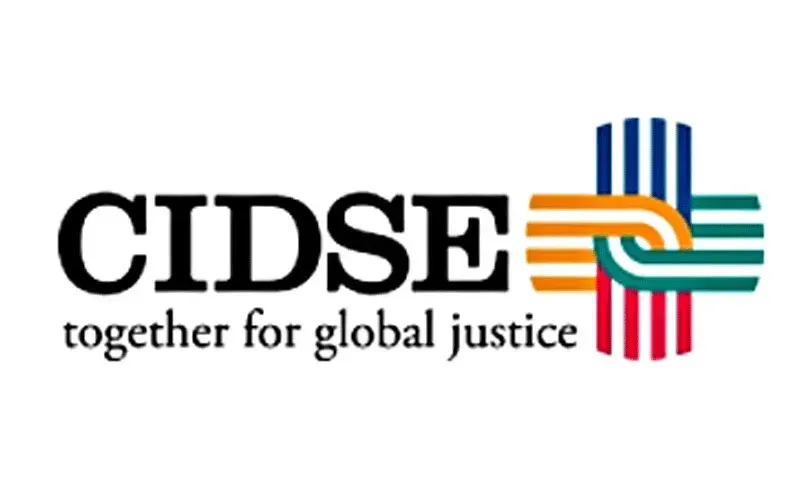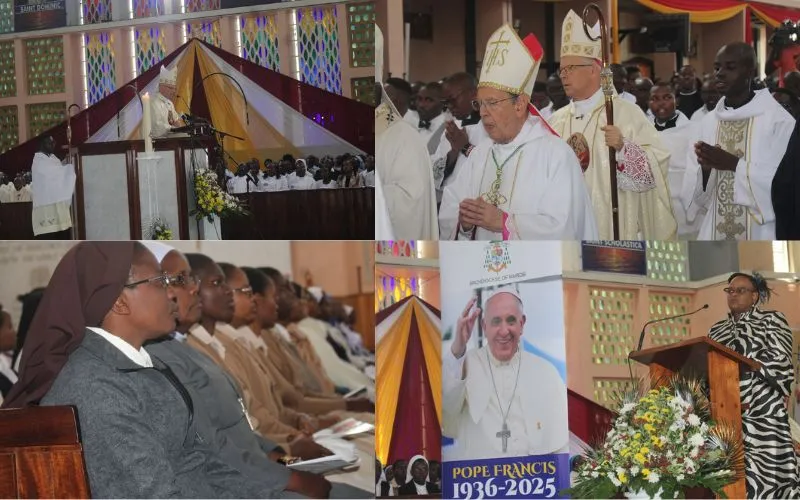Instead of addressing Africa’s basic needs such as food and poverty, the EU-AU Summit, the member of the Congregation of the Holy Spirit (Spiritans – CSSp.) says, “appears to be unrealistically referring to topics that do not belong to the priorities of the African continent.”
The Summit that takes place every three years seeks to take stock of the progress being made in implementing commitments and provides political guidance for further work.
The February 14-18 Summit, the sixth such gathering, is expected to offer a forum for African civil society members to discuss some key priorities for Africans such as land justice and governance, agroecology, health and biodiversity, and climate change, CIDSE officials say in the message shared with ACI Africa.
Officials of the umbrella organization for Catholic development agencies in Europe and North America fault the Summit program for failing “to include systemic issues such as agriculture, food sovereignty, corporate abuse, land- and resource-grabbing, but also imbalanced trade relationships, debt, climate, biodiversity loss, social, cultural and economic rights, vaccine and health inequity.”
While smallholder farmers, pastoralists, artisanal fisherfolk and forest communities dominate the demographics of rural Africa and are successfully putting in practice agroecology, CIDSE officials say, “Political decisions are taken by external actors that put their interests first and do not support real solutions – such as agroecology – to thrive.”
“Aware of the patterns of colonialism in society, at CIDSE we have been working with the African-driven movement ‘Our Land is Our Life’ and we are supporting their objective to put forward the priorities of African people with regards to land rights and food,” CIDSE Senior Advisor, Elise Kervyn, says in the February 11 press release.
The official of the 18-member international Catholic alliance says that CIDSE “rejects the EU-Africa partnership model by holding an African People’s Summit on 14 February. The event will focus on vital priorities for the African continent: agriculture and agroecology, land and corporate abuse.”
In particular, she notes that “the platform calls on the EU and AU governments to put agroecology on the policy table and recognize its track record of success in producing healthy food with low input costs, with huge potential to create jobs, provide balanced diets, and make farming communities more resilient.”
“Overall, CIDSE together with its partners believes that international relations must be set to ensure human rights are at the cornerstone of any future relationship between peoples and countries: the right to food, the right to a sustainable environment, land and peasants’ rights,” officials of the umbrella organization for Catholic development agencies in Europe and North America say.
Making reference to the 2020 African Civil Society Declaration on the African-European Union Partnership, CIDSE leadership says, “For Africans, land determines our identity as human beings, our dignity, our sense of belonging. In Africa, food is a basic human right, not a commodity in the hands of a select few who determine prices through their food industries.”








